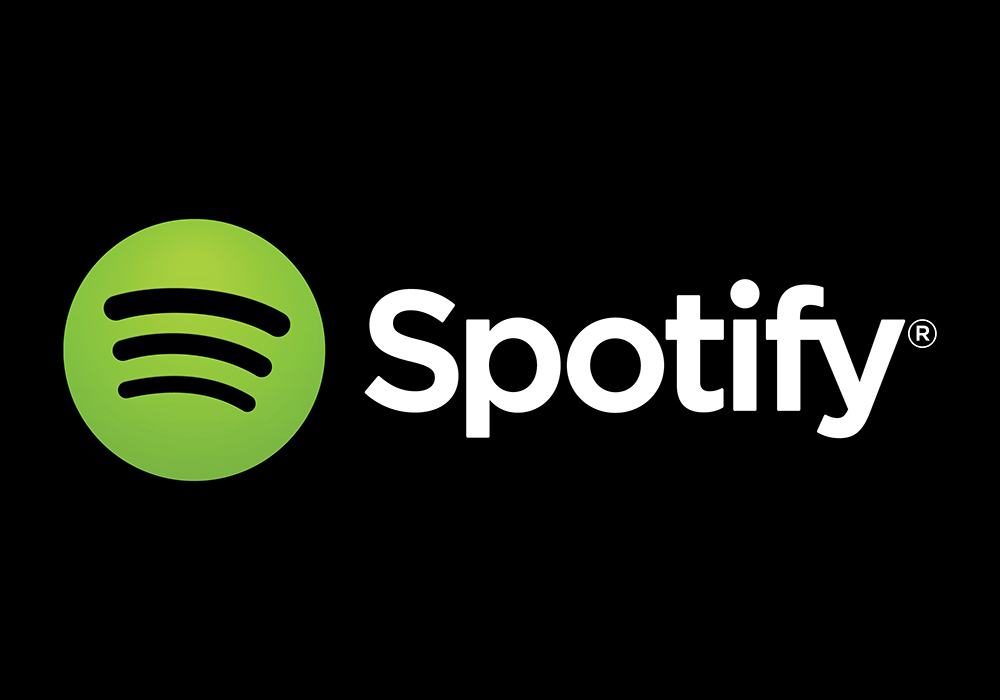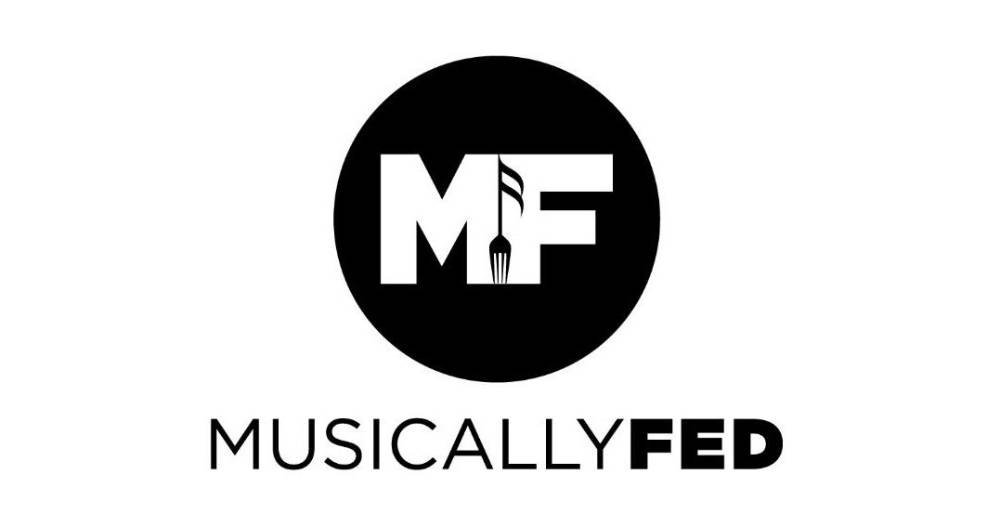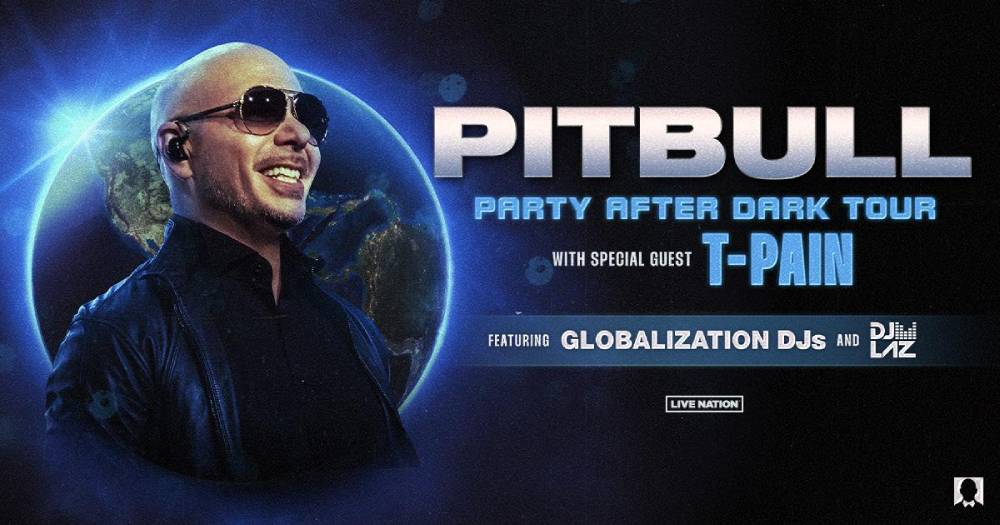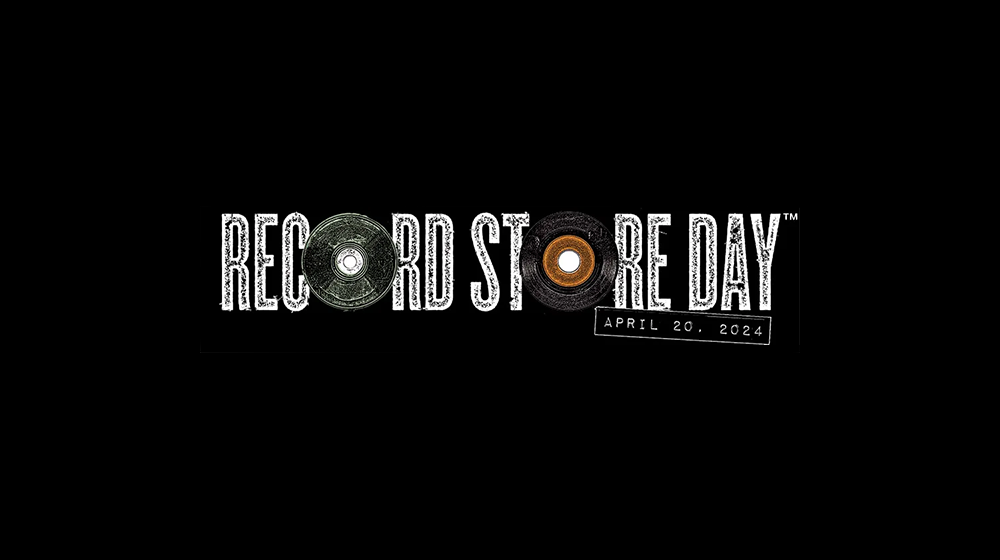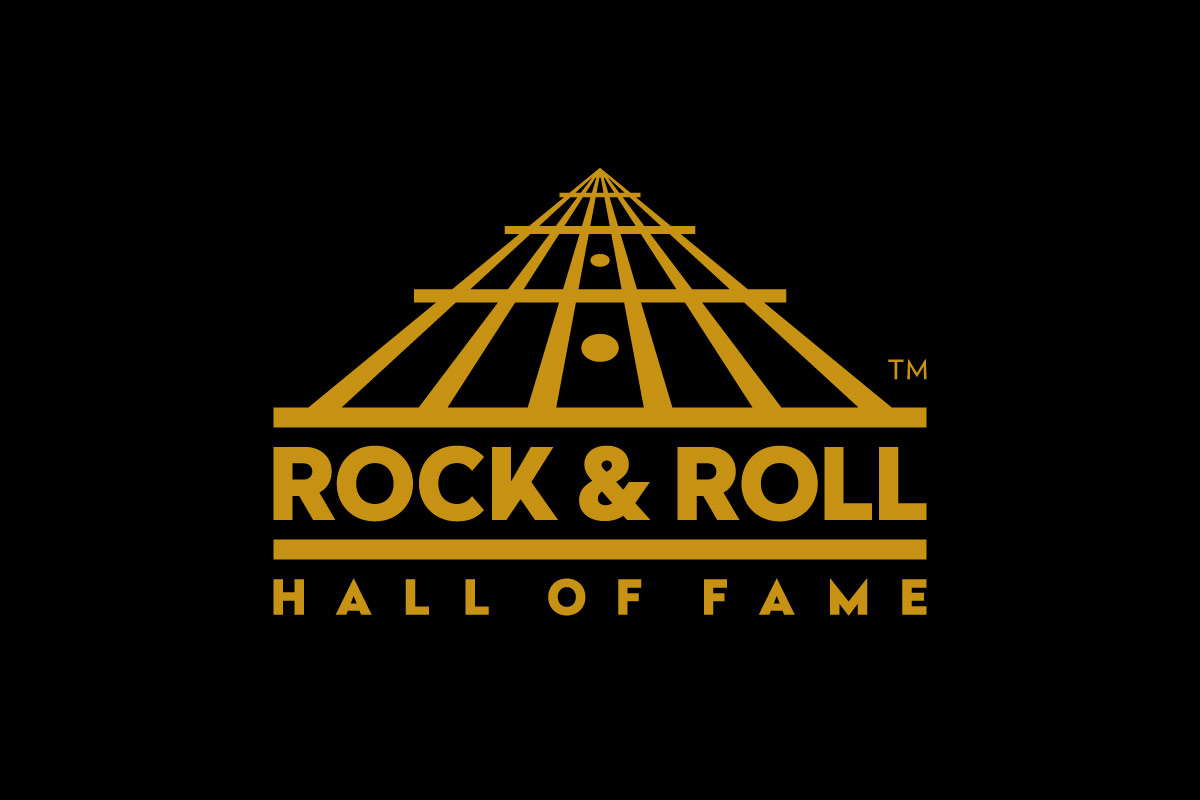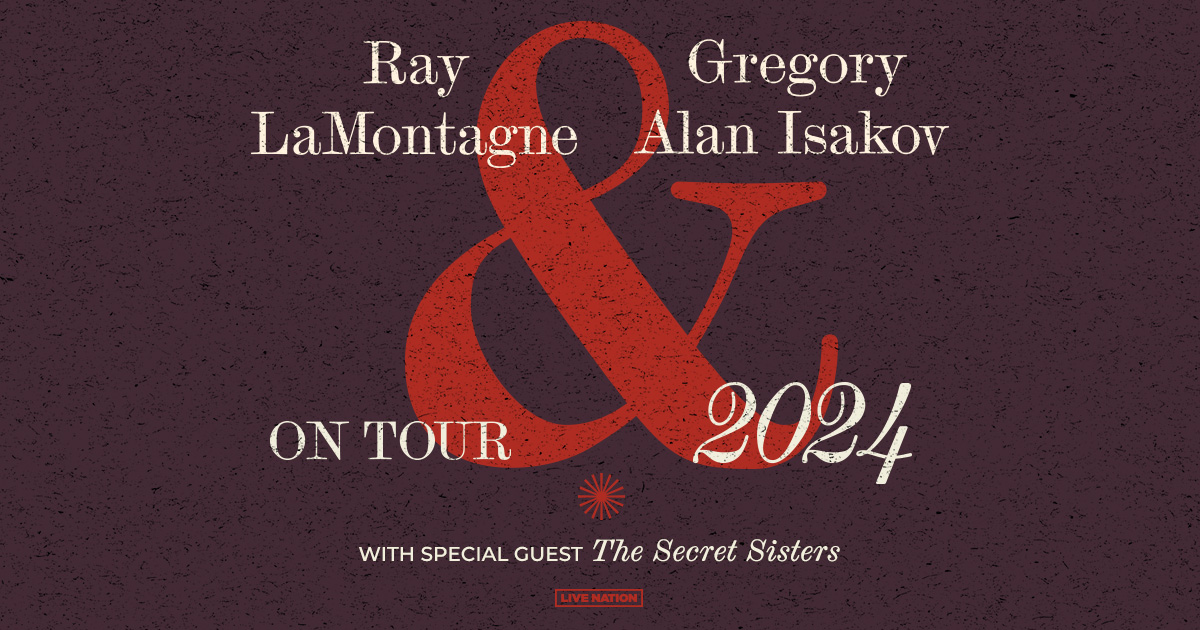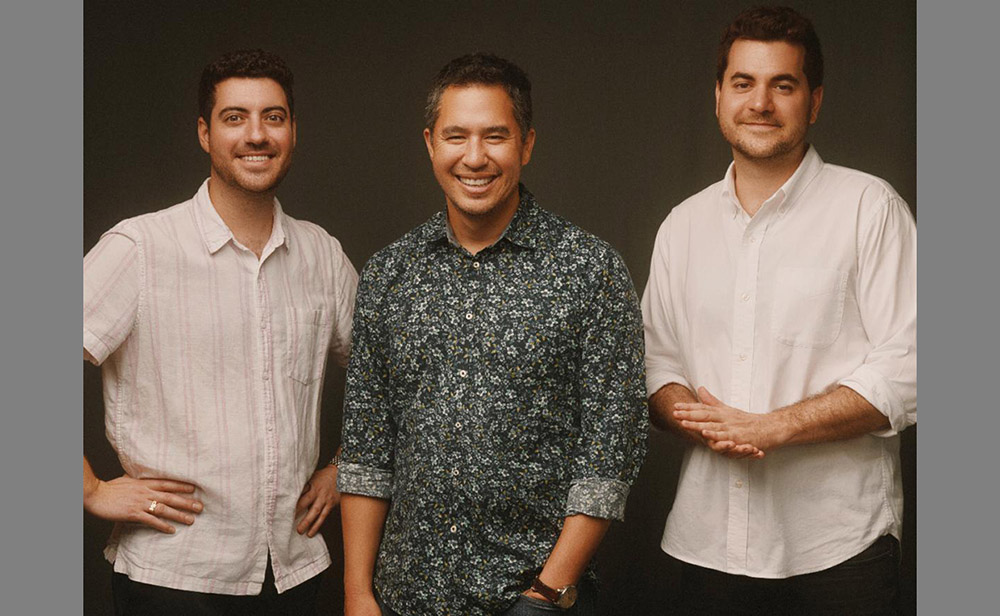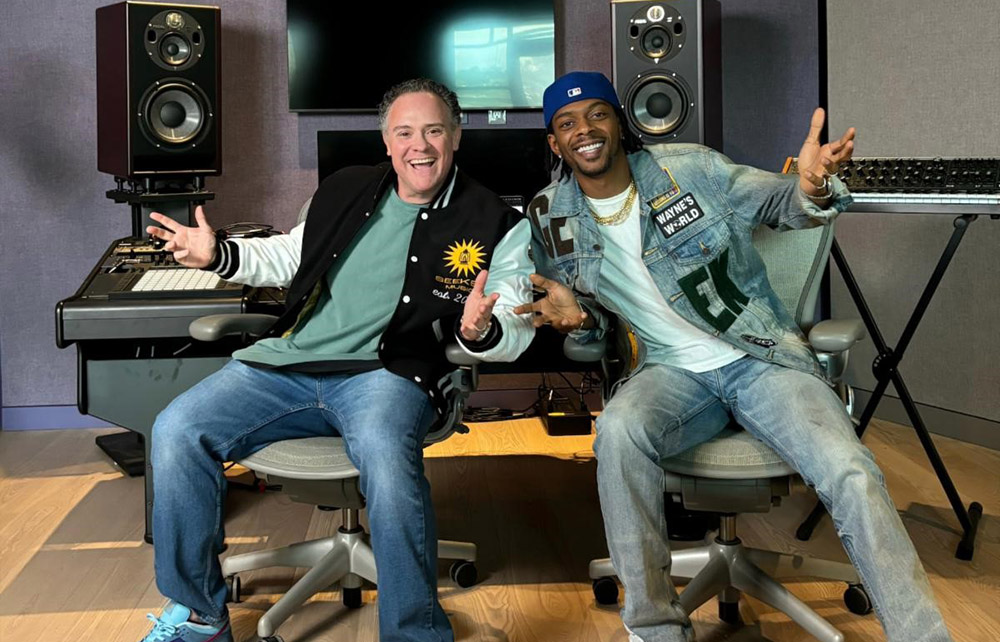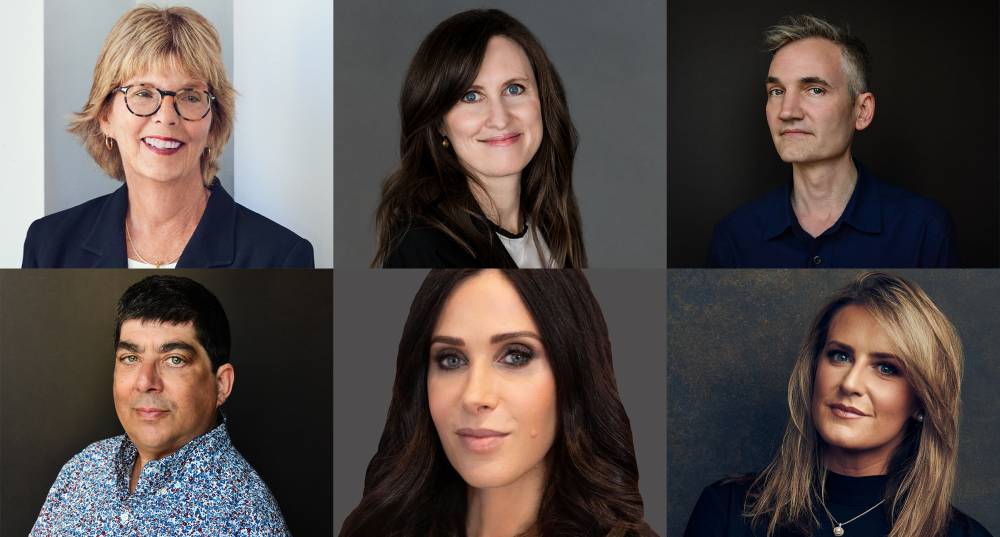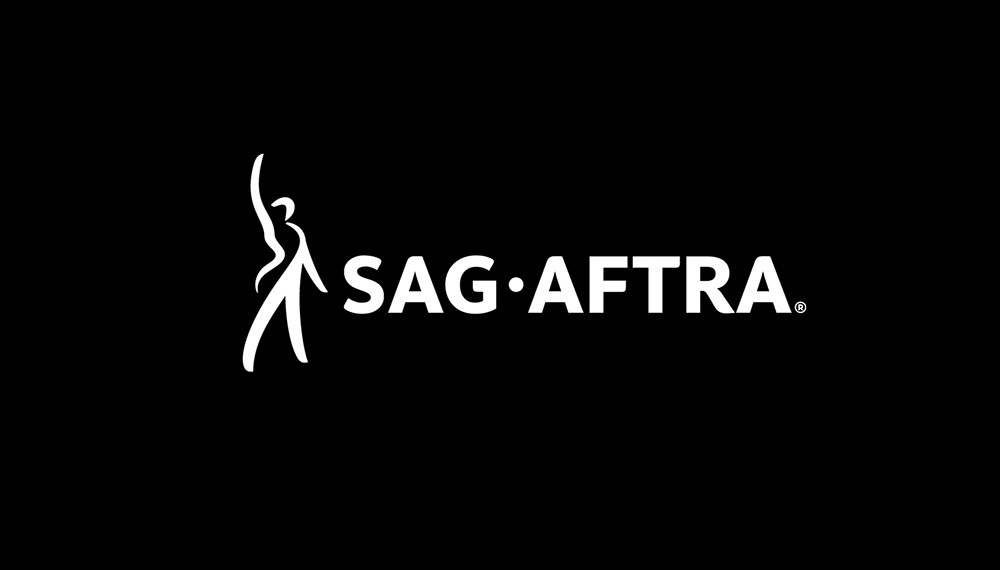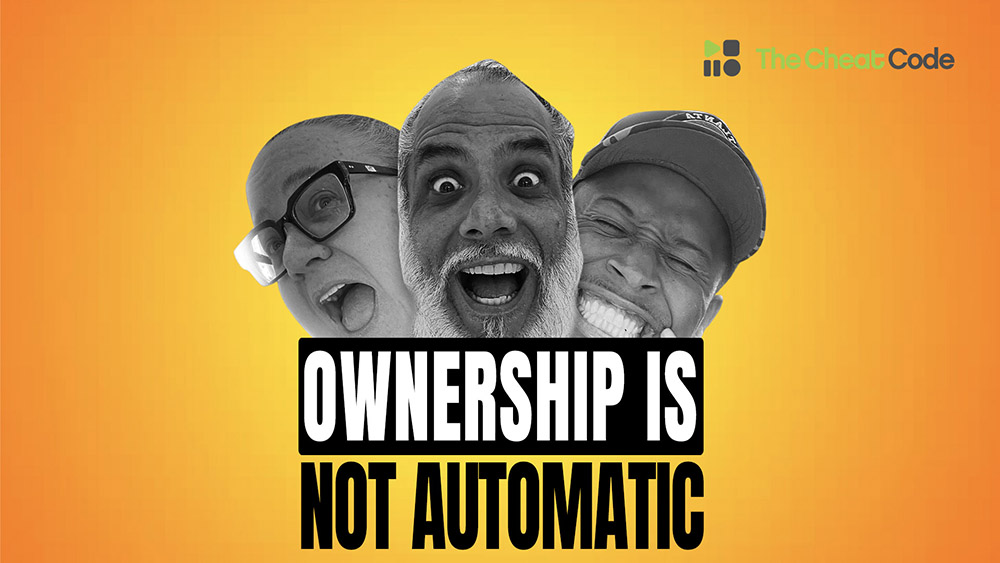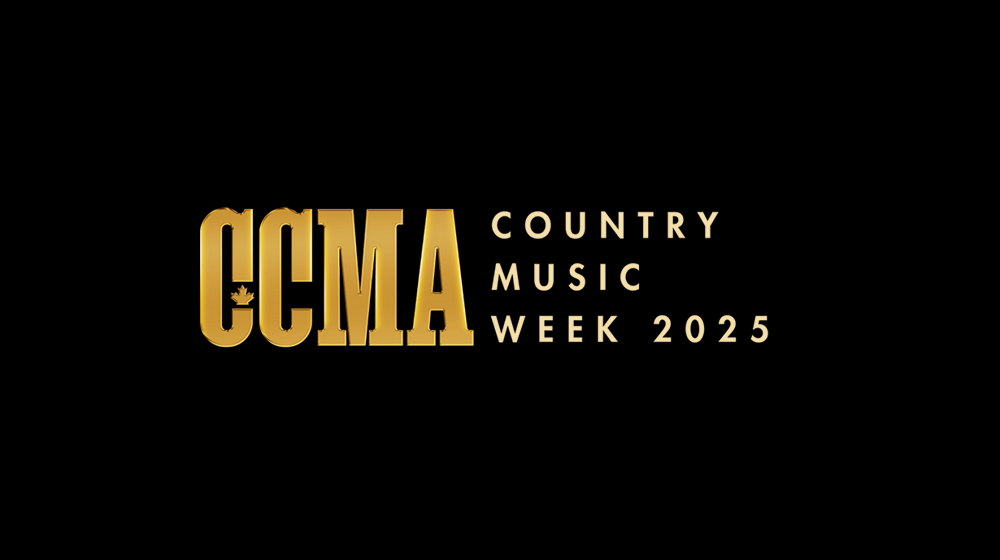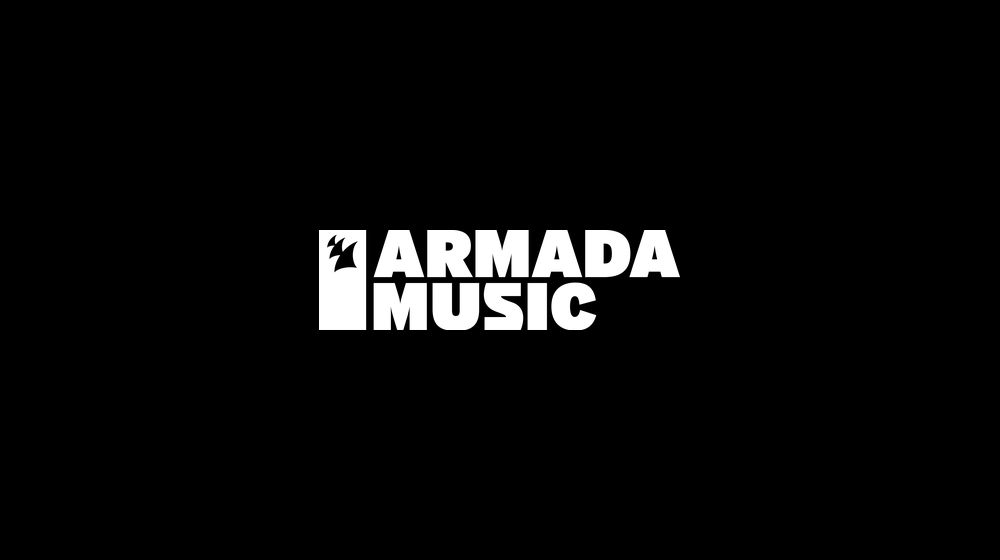
RIAA President/CEO Hilary Rosen gave the following speech on July 8 during the Plug-In conference in New York. Click on the article to read the full speech.
"I love music. I really do. It's why I took this job 15 years ago. But, let's face it folks, the news has been pretty grim lately. The music industry is hurting and the technology business isn't looking so bright either.
There are so many brilliant and talented people in this room and throughout all of our industries. It seems to me that over the last few years too many of us have gone into our respective corners and not wanted to understand the view of the other side. Even when we understand the other view, we have often ignored it, hoping that our own view would ultimately prevail.
We can no longer afford that kind of thinking.
It is time to come together. Record companies and artists, songwriters and publishers, on-line companies and tech companies, retailers and radio, policymakers and newsmakers, and everyone in between.
We are all at a critical juncture in our relationship with music fans and now is our opportunity to put their interests first. Not ours. I firmly believe that when the music consumer is well served, so will we all be as well.
Think about it. The challenges we have faced as an industry with Napster and its clones are in many ways unprecedented in American commercial history. There we were rockin' along, producing great music and producing enough revenue to support artists, producers, writers, engineers, A&R teams, new investment by record companies and a vast and wide distribution system. Then suddenly we wake up one day and everything we have worked so hard to produce is being offered to consumers for free. Not 10 percent off. Not quarterly payments. Not reduced interest rates. Not negotiated payment schedules. Our product is suddenly being offered to consumers for absolutely nothing.
Only it wasn't so sudden. It has taken a few years for it to get this bad. Yet many in the recording industry have been working diligently from day one against this tsunami and preparing for a great future.
Yes the recording industry has made mistakes along the way. But most often this has been because of trial and error. I think everyone agrees that the necessary changes in our business have come too slowly. Though there are many legitimate reasons for this, the result is the same.
I am often asked by my colleagues in the industry why there seems to be a public sentiment against the price of music or the value of the investment of a record company. "Don't they know how expensive and hard it is to create a hit?" they ask. Great question. However, I think in many ways we have brought this upon ourselves.
Record companies are unlike most other businesses. The business model of record companies has been to remain invisible. They have not tried to generate brand loyalty about their companies at the consumer level. They didn't try to build consumer confidence in or understanding about their own companies. It has always been the practice of record companies to promote the artist and the artist's work. It seemed to serve no purpose to suggest that money, marketing, promotion, connecting with the right producer or writers, or image development – – all of which record companies help do among lots of other things — was a factor in an artist's success. Fans didn't need to know that when the system was growing and when it was stable.
Consumers' needs from record companies have become more complicated but they start with the same basics. Fans want great music. Their perception of cost is directly related to their perception of value. They want music in more formats than we give them. They want deeper catalog more easily available. They want to know when their favorite artists have a new record coming out. They want a way to have compilations without making them feel guilty or like criminals. They want us to find a way to solve our piracy problems without encroaching on — or even talking about — their personal use flexibility.
But everyone in this room knows or should know that a record company is not in control of all of these things.
So the first stage in a new beginning must be to acknowledge our respective roles and responsibilities in the situation we face today. Record companies have taken all the heat over the last few years, but let's be honest, we have all been in this together.
On-line companies in the middle of the dot-com boom thought that they would be rich if only they could get those "dinosaur record companies" to give them their entire catalog to resell. And if the record companies didn't cooperate at rock bottom prices, they were anti-trust violators. Now most people realize that the on-line services did not put a nickel into building actual consumer demand for a pay music format nor did they have any money to advertise.
It is not as easy to create consumer demand as they thought. And now they are competing against KaZaa, Morpheus and Fast Track and urging the RIAA to increase enforcement so that they can survive.
Retailers were pushing the other way. As sales were mostly in the stores, retailers vigorously objected to, and still object, music on-line being less expensive for the consumer than it is in the store. Rather than encourage record companies to spend money to gain more customers and grow the business with exciting stores — retailers have been busy coming up with new schemes to get record companies to give them more money directly on things like displays and positioning and others that do nothing to bring more customers into the stores.
Music publishing has been a big problem as well. As it stands right now, songs must be licensed for distribution individually and payments must flow to them and the writers twice through both performing rights societies and mechanical agencies because that is how the music publishing industry is structured. There is no simplified system.
And those rates cannot be negotiated together so that a record company or distributor can actually know how much they will have to pay to use the underlying musical work they are selling. Because their organizations are separate so must their payments be. Publishers have also been reluctant to move away from their "pennies" model to adapt to the new realities of on-line pricing. In addition, as we look to new models like offering burning to customers who buy tracks on-line, we have to worry that publishers will demand a mechanical for every burn even if the customer is only paying once.
Technology companies have made progress difficult. When you are building a new business every company says they have the right technology for you, but few of them could deliver it on time or intact. I would hear tech executives boldly proclaim their latest software innovation that would revolutionize the record business, even as I privately knew that their software wasn't even functional yet.
Computer hardware companies benefit from the sale of products that are used by consumers for the unauthorized downloading and burning of music. I don't begrudge you your products. But don't pretend that you are not making new sales largely because of consumers' interest in free music. I thought it was ironic that the CEO of Gateway closed his record company last month because they lost too much money and yet, they continue to sell computers and burners and ridicule the record industry for questioning their strategies.
Policy makers are not immune either. If grocery shoppers or clothing consumers complained to their Congressman that they want free stuff and can't get it, or that they have a right to free ISP service because they are already paying the phone company for the telephone lines, they would not get a second glance from members of Congress. Yet somehow with music, the temptation to become a populist and heed the call of free goods is great. If I had a dollar for every congressional member or staffer who has told me exactly how to run the music business because they KNOW, I would be rich. There is a thoughtful role for public policy in these areas and we must strive to achieve it and resist both the rhetorical attacks from a few and the silence from the majority.
Finally let's look at the situation we have with our artists. They are the very lifeblood of our business. Without artists none of us would be here and in the broader sense our lives would be less complete and fulfilling. At least it would be for me and every other music fan I know. But some in the artist's community have used this time of transition to try and move beyond reasonable policy discussions.
Every time an artist attacks a record company, it gives a music fan a rationale for stealing their music. It also hurts the thousands of dedicated people who work at record companies and bust their butt every day to help artists succeed. Why doesn't this bother more artists? Because the reality is that artists have very frequently become the preferred shareholder in the deal. As a prominent artist lawyer friend of mine has said, if an artist client of his ever gets a royalty check, then he hasn't done his job. That would mean that the advance wasn't large enough to take all of the risk away.
So are successful artists focused enough about piracy to speak out and allow record companies to experiment with their catalog on-line? Too many are not — they don't want their songs on subscriptions services, they don't want to allow people to be able to download or burn them and they don't want their music on a compilation with other artists. In other words, all the things music fans want to do, record companies have had an extremely difficult time persuading their major artists to allow.
No one person or business sector has all the answers but we each must own the piece of the problem that is ours to own.
So now what is the Prescription for moving beyond these narrow viewpoints? What have the record companies learned and how can we all work together at this critical juncture in the music industry's history?
There are three areas of necessary focus: business strategies, public education and, targeted supported enforcement.
Business strategies — There is much good news here from the record company perspective. Years of effort are beginning to pay off. Listen.com has become the first subscription service to have content from all the majors and I hope that several more are not far behind. Universal Music Group and Warner Music Group have announced 99-cent track downloads and others are sure to follow. Burning is increasingly a feature on all of the on-line services and the creativity of the offerings is really getting exciting.
Record companies have been experimenting with pricing strategies in the stores. Consumer's discounts and specials are a constant occurrence. I hear of companies looking to offer cheaper albums with fewer tracks and to find ways to get effectively back into the singles market.
DVD Audio, SACD and Dataplay offer lots of promise as it creates an even higher audio quality bar and has neat consumer features. I hope we can agree on a new format soon. I often have to remind people who remark that on the success of DVD Video as a new format and that the price is so attractive — and why can't the record companies just do more for the CD — that for the movie studios, video release is a tertiary market — after theatrical release, after selling it to pay per view, after selling it to premium cable and after selling it to broadcast television. Then they sell the DVD in the stores to consumer.
It is worth reminding people about copyright 101. Sound recordings have never had the full panoply of rights that motion pictures do in the analog world. Therefore, in the music business, all of the investment in a new artist must be recaptured by selling the CD. That must change in the future. It is one of the reasons that we have been so adamant about realizing market rates on webcasting. The record industry can never move into the era of multiple revenue streams and offerings for consumers at reasonable prices if we have to subsidize each new business model with below market pricing. If the government wants to subsidize webcasting, let it. We can't afford to.
Certainly more needs to be done by the record companies and I think everyone understands that. Cross licensing among the multiple subscription services must move more quickly. Indeed all licensing must now move more quickly. Business models are being bet on. Now let's give them every chance to succeed — with all the content and with promotion and marketing worthy of this creative industry.
I would also like to see more emphasis on things like consumer packaging on the physical product and special inserts that people can't download or burn but if they really love the artists will want to buy. I'd like to see more consumer advertising to maximize attention. Several companies are partnering creatively with advertising and this is a great trend. As the labels work to develop the brand of their artists, I'd like to see them also consider things like company branding strategies that will pay off in the long run when people need to understand things like the value of buying music.
Record companies are also rethinking the way they contract with artists. Transparency in contracts is important. Current contractual relationships feel antiquated. Trust has to be nurtured and in some case built anew. I am confident that people on all sides understand this and are actively working on productive relationships that recognize new realities. Artists and their managers should consider shared risk approaches that give them a bigger piece of the recording sale if they are invested in a true partnership with the record company — a partnership means not having to choose between promoting the album versus promoting the career. Much dialog has gone on behind the scenes that give me comfort that the relationships are much better than they are made out to be in the press by a disgruntled few.
I am excited by the determination that exists within the record companies today to make sure that their transition into new markets is successful. Yes, the industry may contract some, but it will be stronger and more diverse when it emerges from the current downturn.
Publishers, we need to work together more effectively. We must have ways to simplify licensing. You must come to the table with productive solutions and new ideas. New business models cannot be hamstrung by out of date expectations on payment models.
The second area that needs some attention is public education and public policy. I think the recent flap over the Hollings Bill was unfortunate. The music industry has been caught in a crossfire that for us has seemed a little dated. Our members have had good relationships with the technology companies for several years. We know that many of those tech companies have spent millions of dollars trying to solve the protection issues.
We tried to develop a voluntary industry standard for digital music with our SDMI initiative several years ago. Perhaps it was before its time, but now it seems unfair for the tech companies to complain about things like protected CD's — a keep failing. We ought to work together. And Congress ought to be supportive of that. There is little doubt that Intellectual Property has been a driver for the US economy over the last decade and it remains our #1 export. We cannot afford to fall behind in our vigorous pursuit of its protection. Nonetheless, we will not allow protection to come at the expense of our customers' enjoyment of their music. I am optimistic that if handled right and explained fully, consumers will support formats that give them flexibility and also help to stop piracy.
Finally, I think we must all recognize that there is no legitimate business without enforcement against the illegitimate offerings. We have tried to be thoughtful at the RIAA in our enforcement strategies and we will continue to be. Enforcement of copyright law and intellectual property rights and the protracted legal battles we've experienced in the recent past are probably some of the toughest aspects of this changing industry.
No one likes to be the cop, but the role must be fulfilled. Let's be real. Piracy is hurting not only artists but the entire workforce whose jobs depend upon their success. Bottom line: if the people who create and produce the music can't make a return on investment both in terms of money and energy, then online services and all the new technology will never reach their full potential.
What we seek — and what I hope everyone can eventually embrace — is an OPEN market in which everyone competes with mutual respect on the value of his or her creations. It's been a lot like swimming against the tide — damn hard but worth the effort in the end.
We must continue to enforce against those who are or service the most egregious infringers. And we must have your support in doing so. Everyone in this room should have an incentive to help. It serves no one to suggest that new highways of opportunity and offerings can be created without the traffic laws being enforced. The recording industry's enforcement activities actually support all of your growing business interests. We need your help and your wisdom and your support.
So there you have it. My diagnosis and my prescription.
It is important to understand the spirit in which my frankness today is conveyed. I believe success is possible. You can make it possible. Don't listen to the naysayers and the carpers. It will continue to take hard work and energy and optimism. Believe in yourself and in each other. Our chances of success are so much greater if we work together. Together we CAN succeed.
I have been in this business for 15 years because I love music. I am proud of what we do and I am profoundly grateful to be working in an industry that brings so much pleasure to so many people.
The progress made over the next year is an important test for everyone in this room. Let's work together and make the most of it.
Thank you."



















